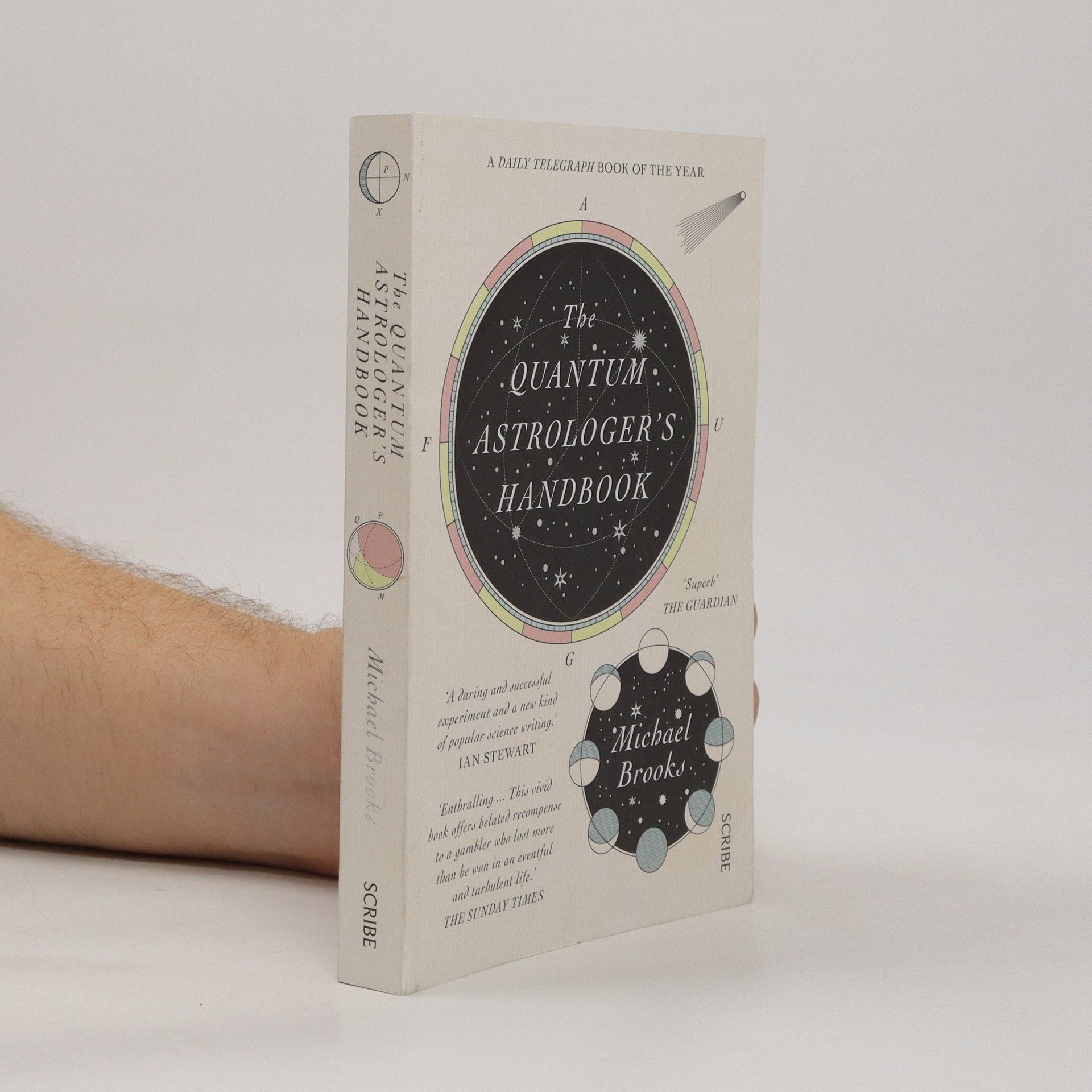Physik
- 203 Seiten
- 8 Lesestunden
Die großen Fragen behandeln grundlegende Probleme und Konzepte in Wissenschaft und Philosophie, die Forscher und Denker seit jeher umtreiben. Anspruch der ambitionierten Reihe ist es, die Antworten auf diese Fragen zu präsentieren und damit die wichtigsten Gedanken der Menschheit in einzigartigen Übersichten zu bündeln. Im vorliegenden Band Physik beleuchtet Michael Brooks die oft verwirrenden Fragen dieser Disziplin, sei es zu Quantenphysik, Relativität oder der Natur der Realität. Die großen Fragen sind: Wozu ist Physik da?, Was ist Zeit?, Was geschah mit Schrödingers Katze?, Warum fällt der Apfel nach unten?, Sind feste Stoffe wirklich fest?, Warum gibt es nichts umsonst?, Ist letztlich alles Zufall?, Was ist Gottes Teilchen?, Bin ich einmalig?, Können wir durch die Zeit reisen?, Wird das Erdmagnetfeld verschwinden?, Warum ist E gleich mc 2 ?, Verändert ein Blick das Universum?, Ist Chaos gleich Katastrophe?, Was ist Licht?, Geht es in der Stringtheorie um Bindfäden?, Warum gibt es überhaupt etwas?, Leben wir in einer Simulation?, Welche ist die stärkste Naturkraft?, Was ist das wahre Wesen der Realität?






